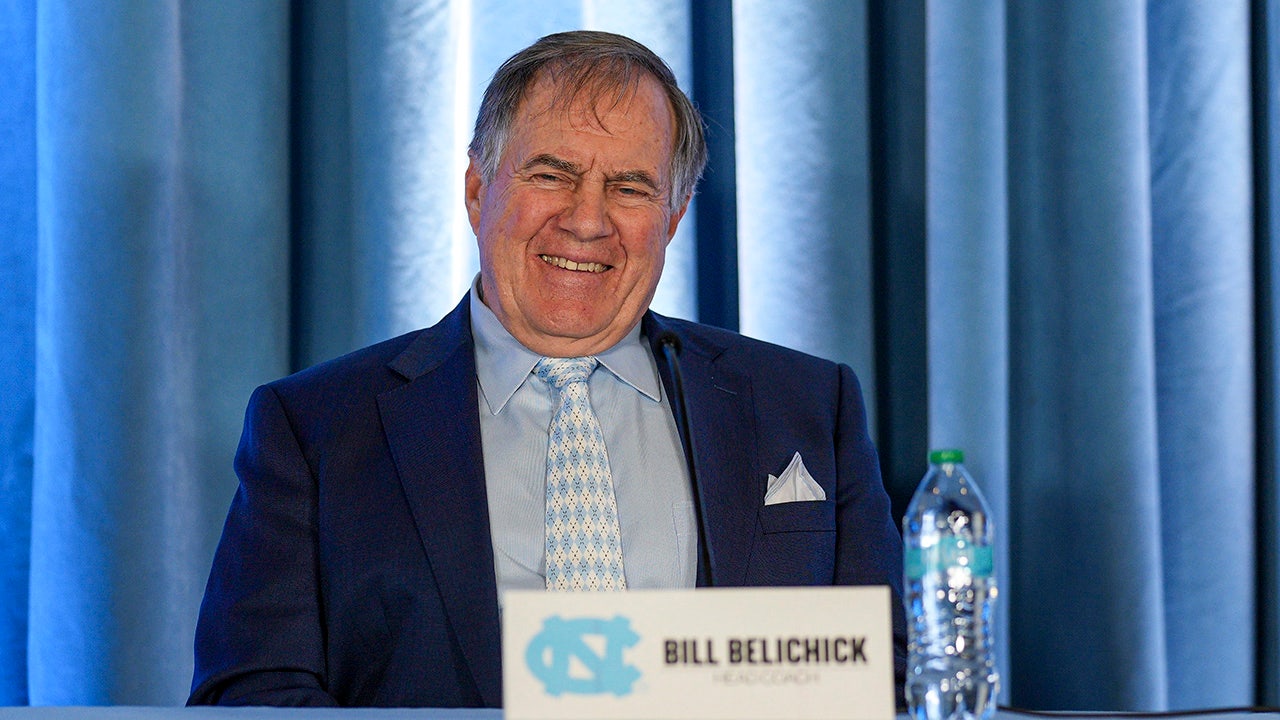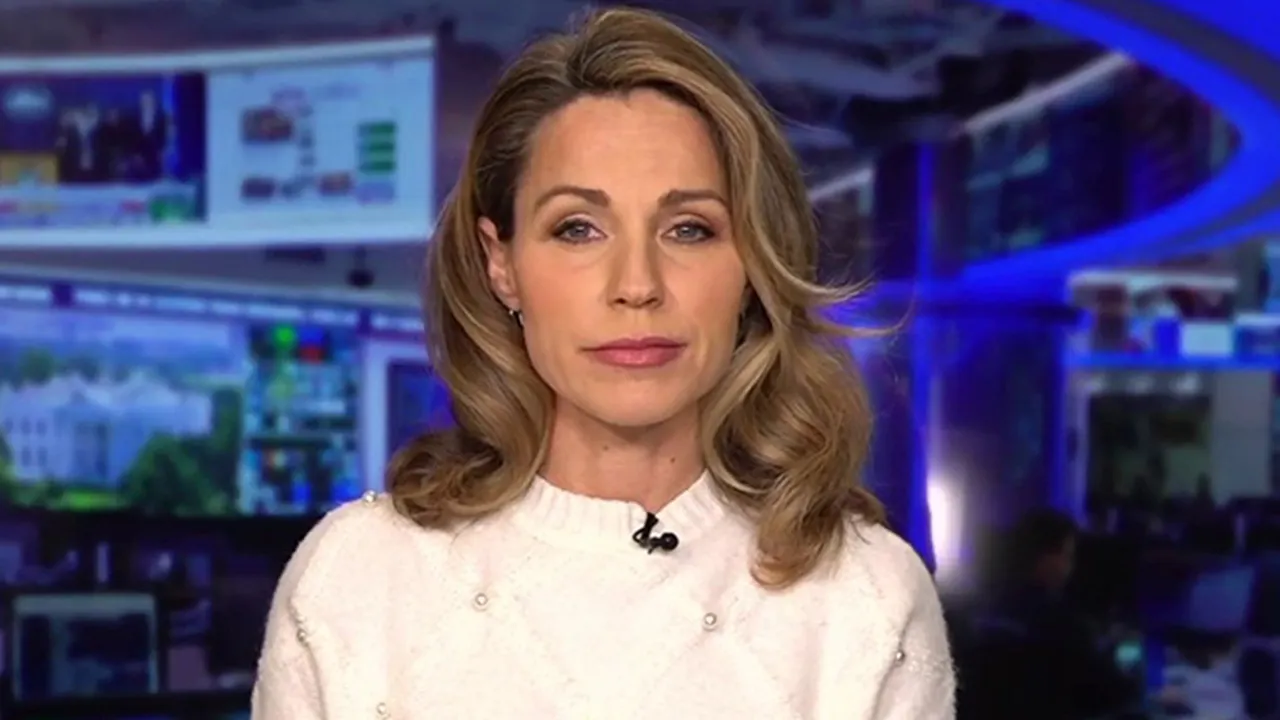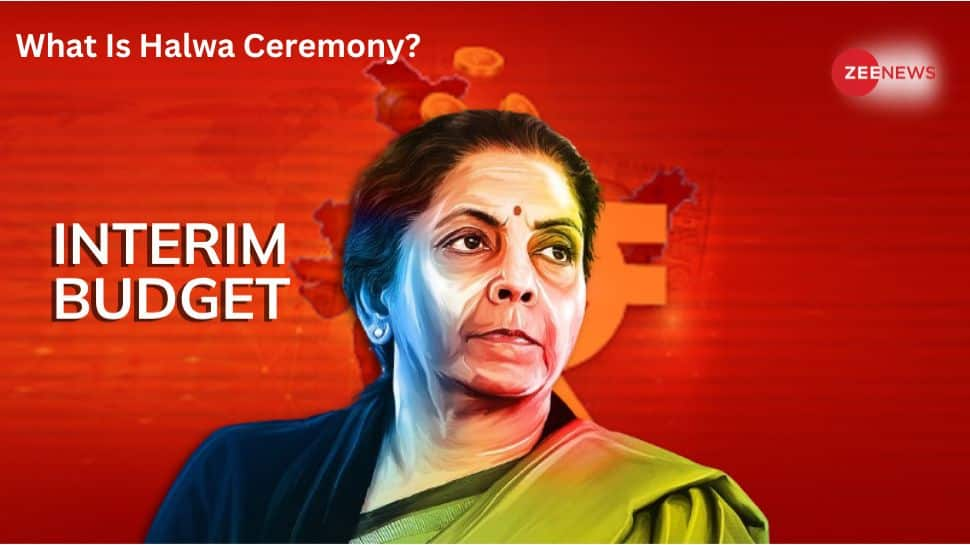New Delhi: In a longstanding tradition, India kickstarts the budget-making process with the annual “Halwa Ceremony.” This unique event, held in the basement of the North Block of the Finance Ministry in Central Delhi, involves the Finance Minister leading the preparation of halwa, a beloved Indian dessert, to formally initiate the printing process for budget-related documents.
Dating back to 1950, this ceremony plays a crucial role in maintaining secrecy and preventing leaks surrounding the budget. During the Halwa Ceremony, the Finance Minister takes center stage, actively participating by stirring the large wok (kadhai) used to make halwa. (Also Read: Lord Ram’s Photo On Rs 500? Here’s The Truth Behind Viral Pics)
The sweet dish is then served to officials and staff involved in the budget-making process. This unique and symbolic act marks the beginning of the extensive budget-making process that spans several months. (Also Read: From Tata To Birla: Check List Of Prominent Industrialists Invited For Ram Temple Consecration)
The North Block basement undergoes a transformation into a highly secure area resembling a fortress during the ceremony. Approximately 100 officials and staff directly involved in the budget-making or printing process are isolated to ensure confidentiality.
Stringent measures, including round-the-clock surveillance, restricted communication, and electronic jammers, are implemented to prevent leaks or unauthorized information disclosure.
The tradition of the Halwa Ceremony has evolved over the years to enhance security and confidentiality. Originally held at Rashtrapati Bhavan, the printing press was relocated to Minto Road and, eventually, to the North Block basement in 1980.
These measures were implemented in response to a budget leak in 1950, emphasizing the government’s commitment to maintaining the sanctity of the budget-making process.
To guarantee utmost confidentiality, officials in the North Block basement experience strict measures, including restricted contact with the outside world, supervised phone calls, continuous surveillance by the Intelligence Bureau, and stringent cybersecurity protocols.
These precautions aim to prevent any leaks related to the budget before its official presentation.













































